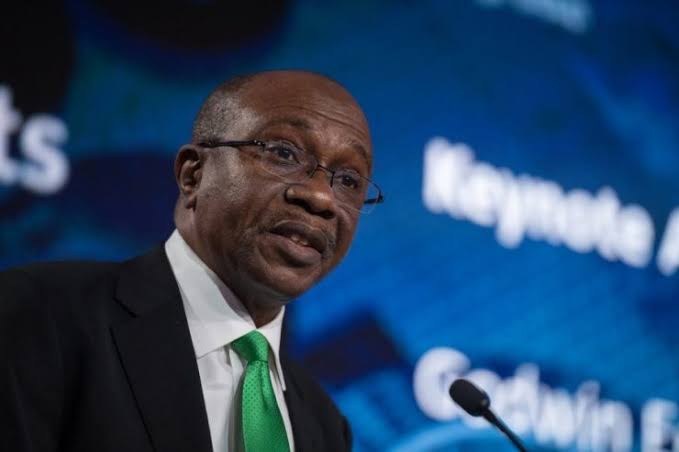The Central Bank of Nigeria (CBN) may raise the nation’s benchmark interest rate as inflation rate heads to a seven-month high.
The apex bank is projected to abandon its dovish stance and start a tightening cycoe by raising the baseline interest rate in response to spiraling inflationary trend, which is expected to hit a seven-month high at the next announcement.
The National Bureau of Statistics (NBS) is scheduled to release the April 2022 inflation rate ahead of the meeting of the CBN’s Monetary Policy Committee (MPC) on May 23 and 24, 2022.
Economic and finance experts at the weekend said the spiraling inflationary trend would continue, and the third consecutive increase expected for April would be a game-changer for the apex bank. They attributed recent dynamics in the nation’s financial markets as anticipatory moves against the headwinds.
CBN’s Monetary Policy Rate is currently at 11.50 per cent but experts have predicted at least 50 basis points increase to at least 12.0 per cent.
In a report at the weekend, Financial Derivatives Company (FDC)- a high-level think-tank led by Bismarck Rewane, a member of President Muhammadu Buhari’s Economic Advisory Council, stated that its independent survey indicated that inflation rate may rise to 16.2 per cent for April 2022, 0.28 per cent ahead of 15.92 per cent announced for March 2022.
FDC’s projection was based on time series analysis and survey of major markets in the Lagos Metropolis, a method it had used earlier to correctly predict inflationary trend.
According to FDC, all inflation sub-indices except for month-on-month inflation are expected to increase with headline inflation.
“The MPC is widely expected to raise interest rates at its meetings on the 23rd and 24th of May. This is likely to be the commencement of a tightening cycle and could see the CBN use open market operations mainly for liquidity management purposes as against the unorthodox approach adopted in the last few years. The committee’s decision to tighten would also come after several nations both in advanced and emerging economies have accepted a much more aggressive tightening stance,” Rewane’s FDC stated.
According to analysts, the implications of higher interest rates on cost of borrowing, return on savings and stock market valuations are already causing some jitters in money and capital markets.
Afrinvest, a major finance and investment group, also at the weekend said the proposed increase in tariffs by telecommunication operators would have a spiral inflationary effect on the general economy if implemented, given the strategic nature of telco services to business and households e



